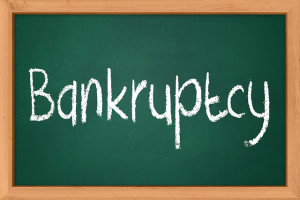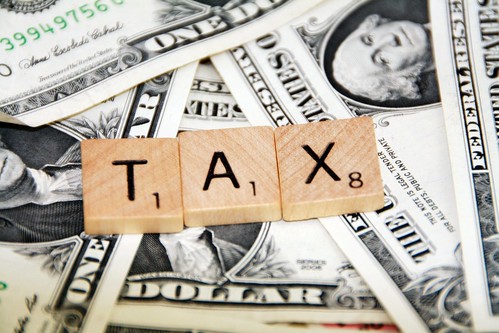Income tax debt is the only type of tax debt that may be dischargeable in bankruptcy. To meet the requirements for discharge, the debt must fulfill the following 4 conditions. Understanding these conditions is key to determining if your tax debt can be discharged in a Chapter 7 bankruptcy.
- Three Years Since Tax Return Due Date: The taxing authority, such as the IRS, has three years from the date the tax return was due to collect the income tax debt. This time period is based on the fixed date of the tax return filing and is not affected by the taxpayer’s actions or the tax authority’s actions.
- Two Years Since Tax Return Filed: The second condition measures the time since the tax return was actually filed by the taxpayer. The dischargeability of the debt may depend on the state in which the taxpayer resides, as some states allow for late tax returns to still be discharged if at least two years have passed since the filing.
- 240 Days Since Assessment: Assessment is the tax authority‘s formal determination of the taxpayer’s tax liability. The 240-day period begins after the tax has been assessed, allowing the tax authority time to collect the debt if it was delayed during an audit or offer-in-compromise process.
- Fraudulent Tax Returns and Tax Evasion: If the taxpayer was intentionally dishonest on their tax return or tried to avoid paying taxes, the tax authority has no opportunity to collect the debt, and it cannot be discharged in bankruptcy.
It’s important to note that if the tax debt does not meet all four of these conditions, it may not be dischargeable in bankruptcy. Additionally, taxes from operating a business, non-income taxes, and taxes with recorded tax liens may also not be dischargeable.
By understanding these four conditions, taxpayers can make informed decisions regarding the dischargeability of their tax debt in bankruptcy.
Book a free telephone consultation with attorney Jennifer N. Weil here: https://jenniferweil07030.setmore.com/.




